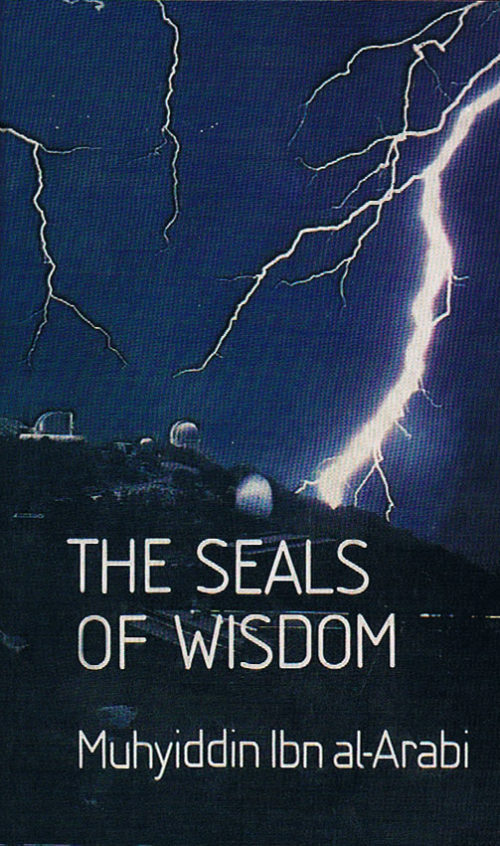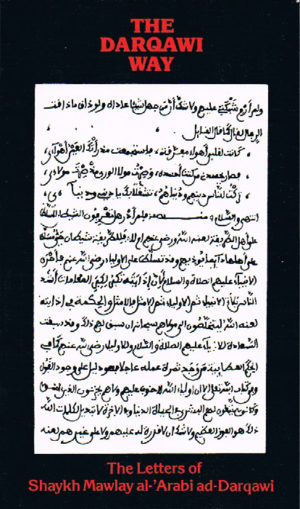Description
THE OPENING
A beautifully produced, 837-page collection in two parts, Plays and Prose. The literary work of Scottish author Ian Dallas, for which he was awarded an Honorary Doctorate in 2001, traverses a startlingly wide range of topics from Wagner to Sufism, from myth and philosophy to modern politics. The cover depicts a classical image of a couple, and the creative bond between man and woman is a common theme running through all of Dallas’ works. The partially autobiographical Introductions to the book’s two parts provide a fascinating insight into a man whose writings operate at the most profound level of thinking, and whose work is original, inspiring and transformative.
Ian Dallas writes in his first introduction:
“The decision to gather together a collection of the main writings of a lifetime is in itself the reticent yielding to an admission that one is curious to set out an autobiography. To gather these works as literature, or more honestly, as merely literature, is to obscure the purpose of this collection. Indeed, in his greatness, Henry James made his Collected Edition in itself an original work of art, one in which he sculpted for all time his appearance to the world. The modern writer submits his literary work to the critics. My desire is to submit my work to those fellow travellers who seek for maps to make sense of their life’s journey. Ronald Laing, the psychiatrist, once said to me, ‘The only reason I go on psycho-analysing my patients, is in the hope that just one of them in his narration will reveal to me something that will help to make sense of my own life.’ My forebear, the philosopher E. S. Dallas, in his work on aesthetics in 1866, wrote:
‘The modern author who has been most read and criticised is Shakespeare. There is a well-known edition of his works in which nearly every line has a bushel of notes gathered from the four winds – from the two and thirty winds. All the wisdom of all the annotators is winnowed and garnered, and set in array. After all, what is it? That which one critic says, the next gainsays, and the next confounds. On reading a dozen such pages, we close the volume in despair, and carry away but one poor idea, that Shakespearian criticism is like the occupation of the prisoner in the Bastile, who, to keep away madness, used daily to scatter a handful of pins about his room that he find employment in picking them up again. Strangely enough, it is not the men of highest intellect that in this way have done the most for Shakespeare. Pope was one of his editors; so was Warburton; Johnson; Malone too, a very able man. Mr. Charles Knight is correct in saying that the best of the old editors of Shakespeare is Theobold – “Poor, piddling Tibbald.” Whatever be the abstract worth of such editorial researches, their scientific worth is fairly estimated by Steevens, one of the most eager of his race, when he claims the merit of being the first commentator on Shakespeare who strove with becoming seriousness to account for the stains of gravy, pie-crust, and coffee, that defile nearly all the copies of the First Folio.’
So it is that now, in my mid-seventies, I look back on these works as being, as it were, way-marks on a journey, one which when taken had seemed not only without destination, but in itself nothing but a troubled and turbulent wandering. All I took with me through what seemed the disorder of my life was a satchel with two connected compartments. One was the formal education and culture as a child of my time. The other hidden pocket contained another version of events, both historical and familial, which gave glimmerings of significance that seemed to indicate that in all the dreadful business of living and the great wasted tracts of enjoyment, that there was meaning to be found and that illumination would one day emblazon both the road and the landscape.
Plays: Introduction, A Masque of Summer, The Face of Love, Oedipus and Dionysus
Prose: Introduction, The Ten Symphonies of Gorka Konig, The New Wagnerian, The Book of Strangers, The Gestalt of Freedom
17 x 24.2 cm, 837 pages
Ian Dallas – Collected Works – An Appreciation by Abdussabur Kirke







Reviews
There are no reviews yet.